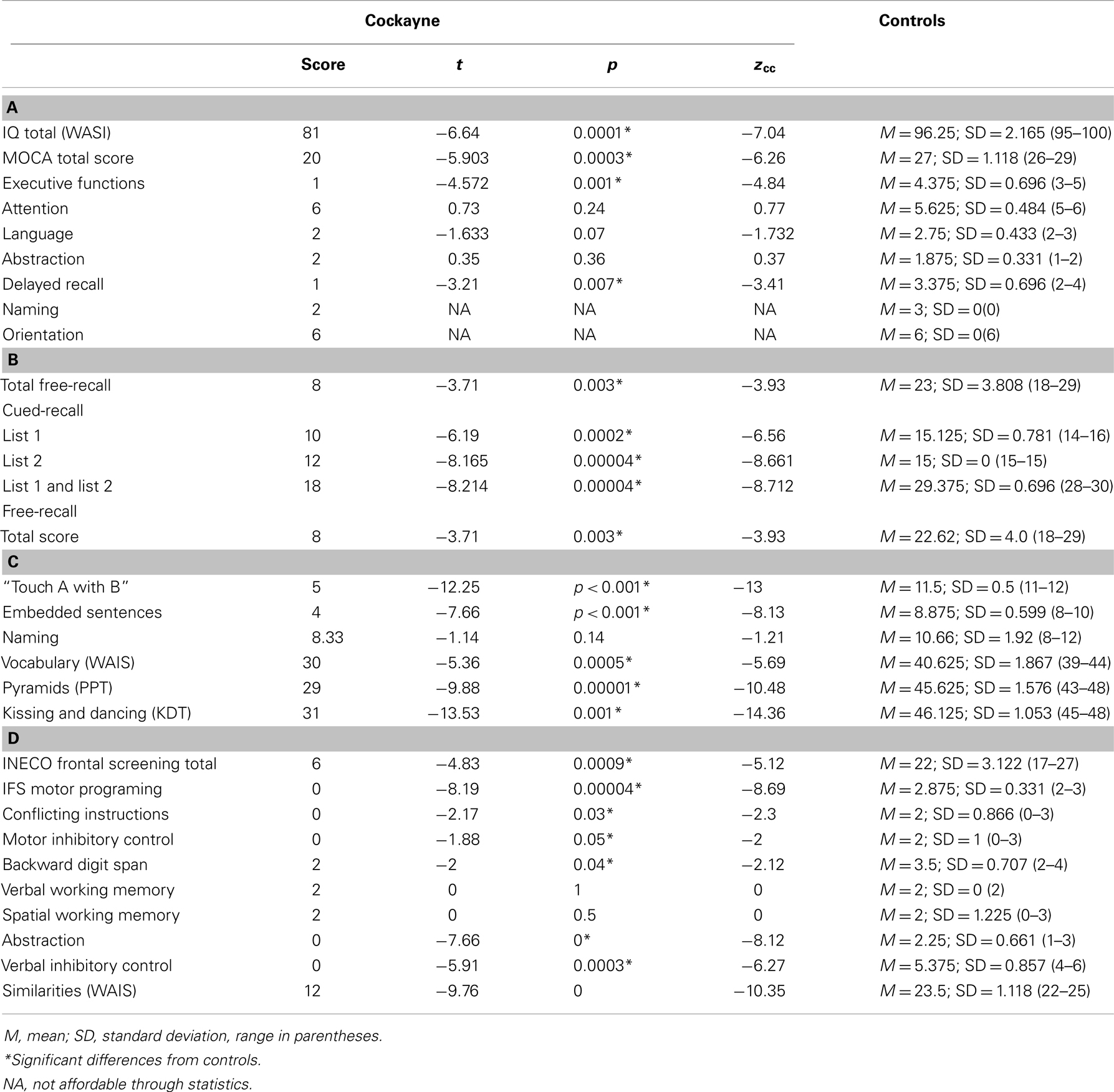

It’s also where their circle of influence widens. Overpowering feelings of guilt can prevent a child from interacting with others and deter their creativity. However, if parents are controlling or don’t support their child when they make decisions, the child may not be equipped to take the initiative, may lack ambition, and could be filled with guilt. Through both interacting with others socially and through play, your child develops self-confidence and learns to enjoy having a sense of purpose. This stage is about much more than just calling the shots. By addressing these questions with genuine interest, you’re investing in your child’s positive self-image. Sometimes your miniature philosopher will wonder where dogs go after they die when you’ve just settled down to watch the show you missed because you took them to a second playdate. Here’s when your child starts asking endless questions. Give your child a chance to direct the show by letting them be the teacher, doctor, or sales clerk while you act the student, patient, or customer. Set up playdates for them with their peers.Īnd don’t forget that you can be a playmate, too.

Take them to visit older adults and give out chocolates. Let them explore the world within the limits you set up. You can encourage your child to plan, achieve goals, and take responsibility by making sure they have plenty of opportunities to interact with others. As your child interacts socially and plays with others, they learn that they can take the initiative and control what happens. Children who aren’t given the chance to assert themselves (within the limits you set) will battle with feelings of inadequacy and self-doubt, according to Erikson. Learning to control their bodily functions gives them a feeling of independence or autonomy.Ĭhildren who come through this stage with flying colors will believe in themselves and feel secure in their abilities.

Here’s another biggie: Your toddler is ready for toilet training. Grin and bear it because giving them the space to choose means helping them build their self-esteem. (Survival tip: Give them two shirts to pick from.) Sure, there’ll be times when their clothes just don’t match. Or let them choose which shirt they want to wear.
#HYPOTHESIS OF A DIGIT SPAN MEMORY TEST PRO#
Pro tip: Instead of worrying if day care will question your ability to parent because your toddler is wearing their shoes on the wrong feet - after putting them on themselves - be wise and let them go out like this.īy this stage, your toddler has food preferences. They realize that they can do some things by themselves - and they insist on those things. You know that you’ve hit this milestone when your toddler starts to assert their independence. With this, when they’re ready to experience the world, they’ll keep an eye out for obstacles.īut what happens when parents are consistently unpredictable and unreliable? Children whose needs aren’t met will look at the world with anxiety, fear, and mistrust. Occasional turbulence gives your child a touch of wariness. Don’t worry: Erikson acknowledges that we’re only human. Or you don’t want to read another bedtime story. What happens when you slip up? Maybe you yell once in a while. Feeling secure and safe, your infant will be ready to experience the world. This builds within them the psychological strength of trust. Be there for your baby by giving them not only physical care, but also plenty of love - no need to hold back the cuddles.īy providing these basic needs, you teach them that they can depend on you. You’ve probably noticed that your little one’s totally dependent on you for everything: food, warmth, comfort. The first stage of Erikson’s theory begins at birth and lasts until your baby approaches their first birthday and a little beyond.


 0 kommentar(er)
0 kommentar(er)
